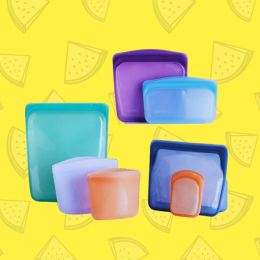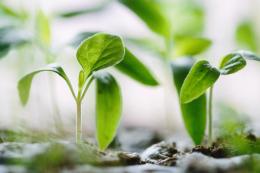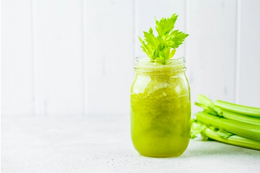What's The Difference? Recycling Vs. Composting

By Wildr Editor
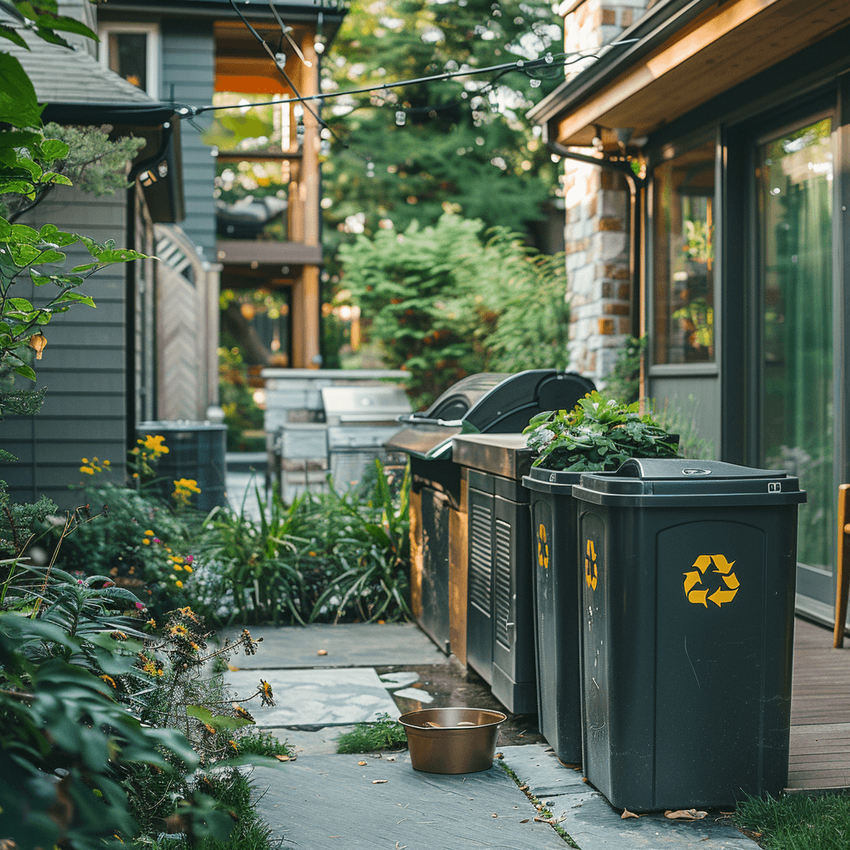
Confused about the difference between recycling and composting? You're not alone. Recycling and composting are two important processes for reducing waste and protecting our environment.
By the end of this article, you’ll know the differences and similarities of recycling and composting, so that you can make informed choices.
Key Takeaways
- Recycling involves collecting and processing used materials like plastics, paper, glass, and metals into new products. Composting is the breakdown of organic materials like food scraps and yard waste into nutrient-rich soil.
- Recycling helps decrease pollution, reduce waste, conserve natural resources, save energy, reduce greenhouse gas emissions, and minimize landfill waste. Composting enriches soil, retains moisture, reduces the need for chemical fertilizers, and lowers methane emissions from landfills.
- While recycling transforms non-biodegradable materials into new products, composting is considered more sustainable as it breaks down organic matter naturally. This creates nutrient-rich soil plant growth.
- What’s best for the environment? Combining the two: robust recycling programs with composting organic waste. This is the key to reduce waste from landfills, conserve resources, and nurture soil health through natural decomposition.
- Simple actions like separating recyclables and composting organic matter can create significant positive impacts on the environment, contributing to a more sustainable future.
Understanding Recycling
"The greatest threat to our planet is the belief that someone else will save it." - Robert Swan
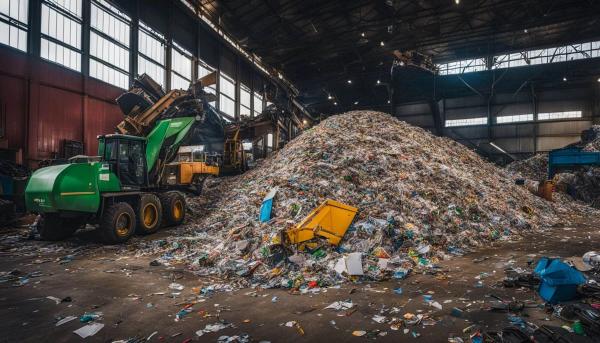
Definition and Process (Recycling)
Recycling involves collecting and processing used materials into new products. It's a straightforward cycle—discard items, separate recyclables, and process them into raw materials for manufacturing.
These recycled materials replace virgin resources like trees or petroleum. Factories then use them to create new goods ready for consumption again. Glass bottles become new containers.
Shredded paper transforms into insulation or packaging. Plastics reform into park benches or fleece jackets. The possibilities are endless for giving discarded items another life.
Benefits of Recycling
Recycling offers so many advantages: it decreases pollution, conserves natural resources, saves energy, reduces greenhouse gas emissions, and minimizes landfill waste. By repurposing materials like paper, plastic, glass, and metal, we can manufacture new products using fewer raw materials.
This process greatly lowers energy consumption and carbon dioxide emissions associated with producing new products.
It’s important to keep recyclables from ending up in landfills. Every time our garbage is decomposed, a greenhouse gas called methane gets released, which is a top contributor of climate change. Recycling lessens this environmental harm while creating jobs and economic opportunities in the recycling industry.
Curious what happens after your recycling bin gets collected? Here’s a great video:
Understanding Composting
"Composting is the rebirth of life from life." – Terri Guillemets
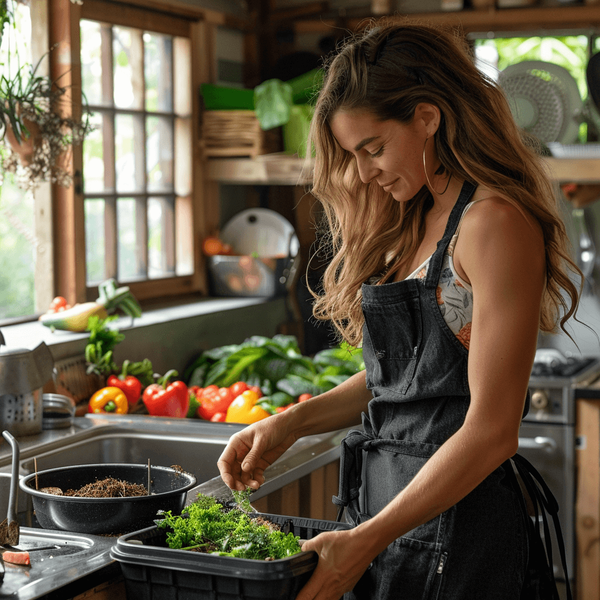
Definition and Process (Composting)
Composting is the controlled breakdown of organic materials like food scraps and yard waste, collected from a designated compost bin or pile.
Over time, with the right conditions of moisture, air flow, and heat, microorganisms break down these materials. This natural process transforms these items into a nutrient-rich soil amendment called compost—a dark, crumbly substance packed with beneficial nutrients.
Benefits of Composting
Composting mimics nature's own recycling system. Earth can break down its natural parts better than we humans can. It's a sustainable way to prevent biodegradable (planet-friendly) waste from landfills and create a valuable product.
Composting offers many environmental advantages. It reduces methane emissions from landfills, lowers your carbon footprint, enriches soil, retains moisture, and reduces the need for chemical fertilizers.
To compost the right way, layer green materials (nitrogen-rich items like vegetable peels and grass clippings) with brown materials (carbon-rich elements like dried leaves and shredded paper).
Here’s a great video on how to compost:
Comparing Recycling and Composting
Recycling and composting share a common goal - keeping waste from landfills. But they differ in the materials and processes involved. Recycling focuses on reprocessing materials like plastics, metals, and paper into new products.
Some innovative brands use recycled plastic to create everything from yoga pants to stylish mom purses.
Composting, on the other hand, breaks down organic matter into nutrient-rich soil where fruits and vegetables could thrive (without the added toxic fertilizers).
Knowing the difference between recycling and composting is important for sustainable living.
Which is More Sustainable?
When comparing recycling and composting, composting takes the win as the more sustainable option.
The natural process of breaking down organic matter avoids greenhouse gas emissions from landfills. Of course, recycling is needed for non-biodegradable items like plastics and metals. But it requires energy-intensive manufacturing processes, making composting the greener choice.
Fun Fact
Biodegradable items like some paper towels and utensils reduce plastic pollution and can breakdown naturally. So look for the label “biodegradable” next time you're buying a common household item!
A Greener Future
Recycling, composting – both play vital roles in sustainable living. Simple actions create significant impacts. Make conscious choices and embrace change. Every item deserves a second life – reuse, recycle, compost.
To take the next step in a greener future, explore your local programs today!
